Unmasking the Future of Independent Media in the Digital Age. Explore how this controversial platform influences journalism, free speech, and public perception in 2025.
Understanding Before Its News in 2025
A Brief Introduction
In a time when trust in mainstream media continues to wane, alternative platforms like Before Its News (BIN) have captured the attention—and skepticism—of millions worldwide. Originally launched in 2009, BIN brands itself as a free speech-first platform where anyone can share uncensored, user-generated content. Over time, it’s evolved into a global repository of offbeat opinions, political exposés, and conspiracy-driven narratives.
Unlike traditional outlets, Before Its News doesn’t promise polished, heavily edited articles. Instead, it offers raw voices from the public, allowing citizen journalists to bypass editorial gatekeeping. This model has empowered many, but it has also sparked intense debate.
The Platform’s Mission
At its core, BIN’s mission is to democratize journalism. The idea is simple: when mainstream media filters or ignores certain stories, there should be a place where those stories can still be heard. The platform embraces the belief that truth can come from anyone—not just trained reporters—and that decentralizing information is key to protecting freedom.
A Closer Look at Independent News Platforms
Why Alternative Media Is Gaining Popularity
The rise of independent media like BIN stems from growing public dissatisfaction with traditional journalism. Factors fueling this shift include:
-
Perceptions of bias in mainstream outlets
-
Underreporting or selective reporting on major issues
-
Increased political polarization
-
Demand for community-driven narratives
BIN and its peers appeal to individuals who feel that large networks no longer speak for the common person.
The Role of User-Generated Journalism
User-generated journalism encourages everyday people to become reporters, analysts, and commentators. While this opens the door to diverse perspectives, it also introduces risks:
-
Lack of fact-checking
-
Opinions presented as facts
-
Potential spread of misinformation
Yet, platforms like BIN argue that traditional media’s gatekeeping is a greater threat to free discourse.

